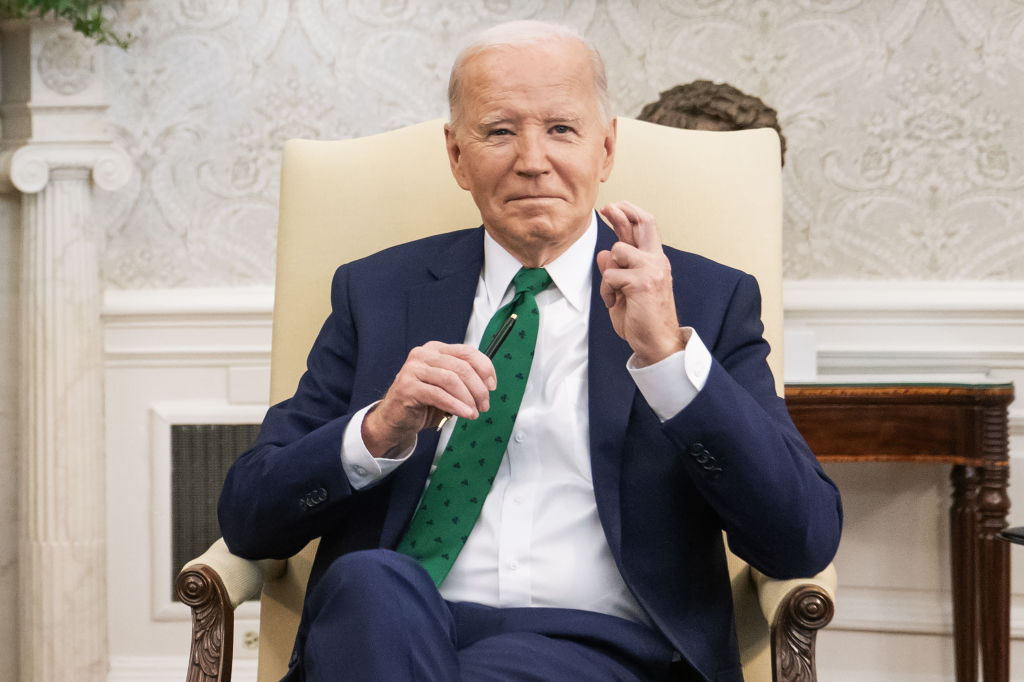Minnesota high school has a distinct ‘Student Council’ for ‘Indigenous’ students
Affinity Group Exclusivity at Minnesota High School Sparks Civil Rights Complaint
A parental rights organization, Parents Defending Education, has filed a civil rights complaint against a Minnesota high school for its exclusive student council catering only to “Indigenous” students.
The complaint alleges that Burnsville High School is violating federal civil rights laws by offering a student council that is limited to American Indian/Alaska Native students.
The complaint, filed with the Department of Education’s Office of Civil Rights, emphasizes that the school’s programming for affinity groups should be open to all students, and not discriminate based on race, national origin, or political indoctrination.
“Burnsville High School is offering programming to affinity groups that is not open to all students,” states the complaint.
The Indigenous Student Council (ISC), listed on the school’s website alongside other clubs like the Black Student Union, the Muslim Student Association, and the Gender Sexuality Alliance, explicitly states that it is not open to the entire student body.
The complaint urges the Department to promptly investigate the allegations, rectify any unlawful policies and practices, and provide appropriate relief.
The complaint argues that the club’s exclusivity violates the Equal Protection clause of the 14th Amendment and Title VI of the Civil Rights Act, which prohibits the use of federal funding for racially discriminatory programming.
The Daily Wire reached out to the high school for further clarification and response to the complaint.
CLICK HERE TO GET THE DAILYWIRE+ APP
Caroline Moore, the vice president of Parents Defending Education, strongly criticized the student council, calling it “unabashedly unconstitutional.”
“If students cannot coexist in something as simple as serving as leaders for their graduation class, where does this madness end?” Moore questioned.
Moore expressed concern about the state of race relations in Minneapolis and its suburbs, urging the Department of Education to conduct a thorough investigation into racial discrimination in the district.
Parents across the country have voiced their opposition to schools focusing on racial and sexual identity instead of prioritizing academic achievement.
What steps can educational institutions take to ensure that affinity groups promote diversity and inclusion while still addressing the unique needs and challenges of specific student populations
According to the complaint, the school’s Student Council Exclusivity for Indigenous students raises concerns about the exclusionary nature of affinity groups and the impact it has on fostering a sense of inclusivity and equal opportunities for all students. The complaint argues that by limiting participation to only Indigenous students, the school is effectively excluding other students from the benefits and opportunities that such groups provide.
Affinity groups are meant to provide a space for students with shared experiences, backgrounds, or interests to come together and support one another. By fostering a sense of community among students who may face similar challenges, these groups can play a vital role in promoting students’ emotional well-being and academic success. However, when affinity groups become exclusive and limited to certain racial or ethnic groups, they inadvertently contribute to the marginalization of other students who may also benefit from such support networks.
The complaint further contends that offering an exclusive student council to Indigenous students alienates non-Indigenous students, potentially perpetuating divisions based on race and undermining the school’s commitment to diversity and inclusion. In a society that continues to work towards equity and equal opportunities for all, it is crucial for educational institutions to create spaces that are inclusive and respectful of all students, regardless of their racial, ethnic, or cultural backgrounds.
While it is important to recognize and celebrate the unique experiences of different racial and ethnic groups, it is equally important to ensure that these celebrations do not exclude or marginalize other students. Affinity groups should strive to be inclusive and open to all students who seek support or wish to engage with a particular community. By doing so, schools can foster an environment that encourages dialogue, understanding, and mutual respect among students from diverse backgrounds.
The complaint filed against Burnsville High School highlights the need for schools to carefully consider the structure and purpose of affinity groups. It serves as a reminder that while it is essential to provide spaces for specific student populations, it is equally crucial to ensure that these spaces are welcoming and inclusive to all students.
Moving forward, educational institutions must strive to strike a balance between celebrating diversity and fostering inclusivity. They must work towards creating affinity groups that are open to all students, regardless of their background, while still recognizing and addressing the unique challenges faced by different student populations. Only through such practices can schools truly create an environment that promotes unity, understanding, and equality among all students.
" Conservative News Daily does not always share or support the views and opinions expressed here; they are just those of the writer."





